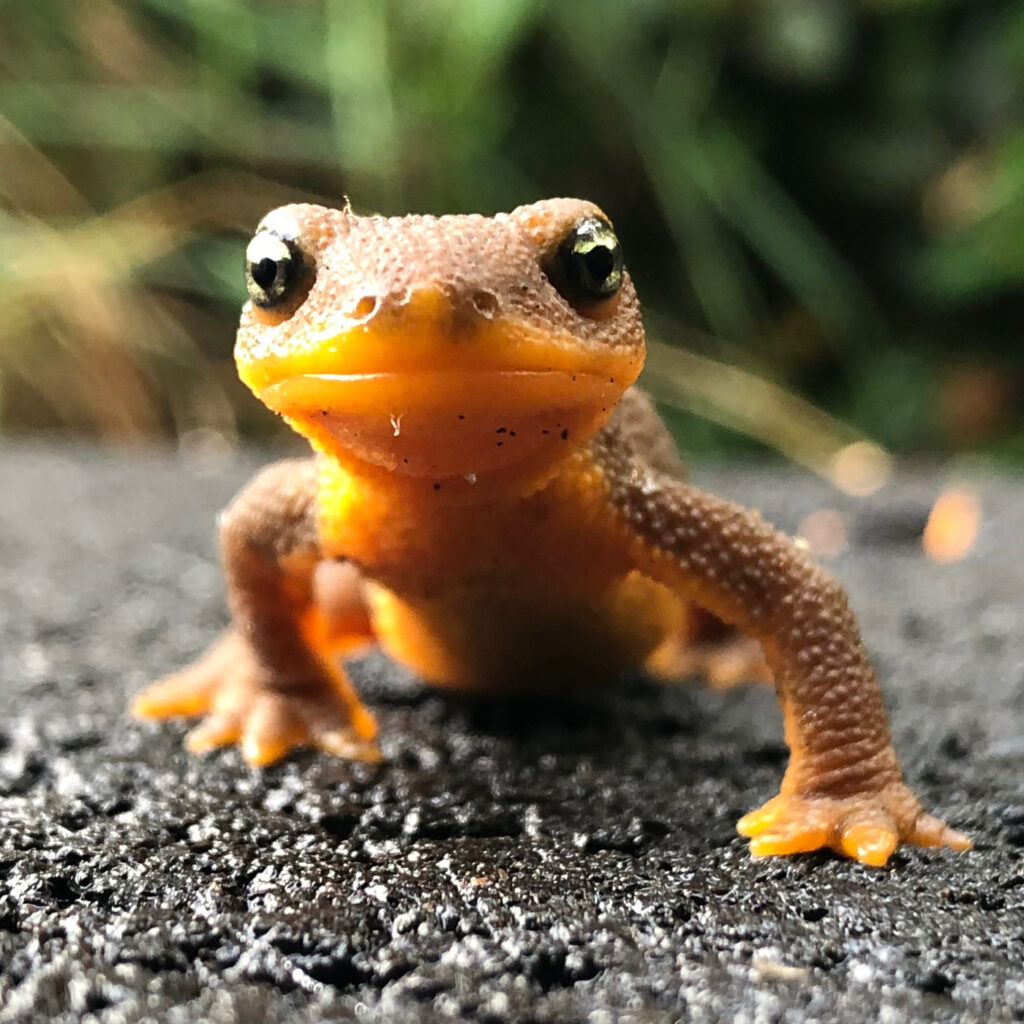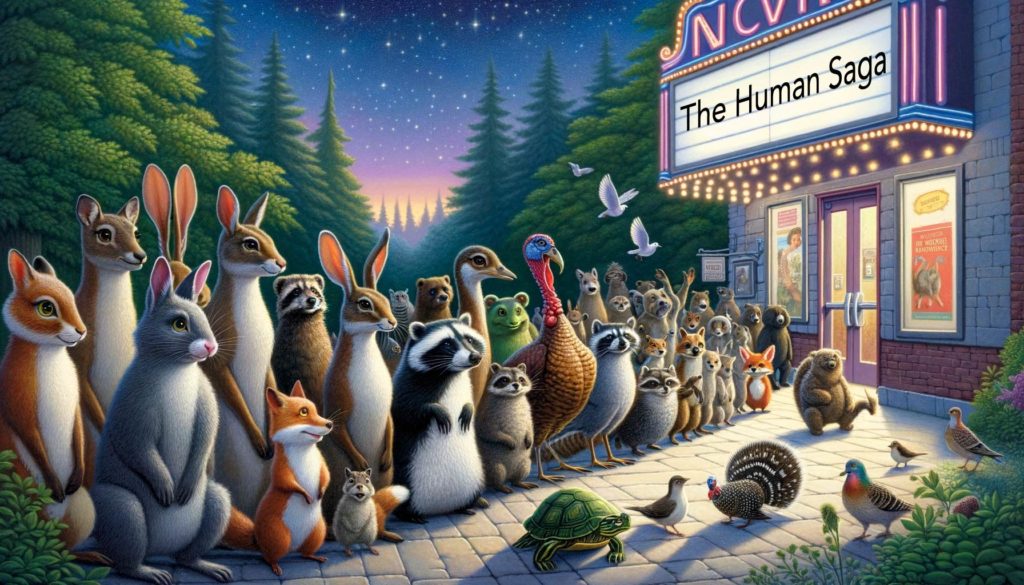
By elevating human experience above the remainder of the universe, dualist beliefs can impede efforts to move past modernity—which I believe must end whether we wish it or not. Therefore, it seems important enough to devote some time to the matter. The first question one might ask is: “Am I a dualist?” A crude test involves answering the following questions:
- Is matter real (not a creation of mind), obeying physics independent of consciousness?
- Is mind/consciousness its own phenomenon, not a product of known matter and physics?
Here’s how I would label the results: Y/N is materialist (like me: mind is matter); N/Y is idealist (mind is everything); Y/Y is dualist (mind and matter separately real), and N/N is too bizarre for me to confront. “Maybe” answers are okay, too, but perhaps this series will result in greater clarity.
The topic of dualism is too important and too stealthily integrated into modern worldviews to be handled in a post of ordinary length. Maybe a book would be better, but I’m going to be lazy and parcel it out as a series of posts. I recognize that what I am attempting is very tricky, and probably insufficient to persuade anybody—we do get set in our beliefs (although I was once a default dualist, and still squirm at some of the implications of abandoning this comfortable, safe, and culturally reinforced position). All the same, I will try to anticipate failure modes and navigate around them before they seize the reader.
The larger effort here benefits from first establishing a starting position before even getting to the main topic of dualism. I hope it helps build a coherent framework, perhaps establishing deep resonance, connection, and trust before trying to extract the toxins. Of course, I may lose some people even in trying to establish a foundation, but I find I’m most interested in building something among those who start off with admiration for the universe we are lucky enough to inhabit. The others may be beyond reach.
The motivation for starting with an exaltation to the living world is mainly that I will ultimately be making the case that we find ourselves in a material universe, and that the only non-dualistic way to take this seriously is to have microbes, fungi, plants, and animals (including humans, of course) be entirely material beings. For many, this elicits distaste over the notion that humans and animals are “just machines,” and thus don’t deserve any more regard than a calculator. This hasty conclusion misses something enormous, and I thought it important to begin by expressing complete admiration for Life (which I even tend to capitalize, mimicking the convention for God). If being “only” material would seem to make a living being worthless, I hope by the end of the series the reader will understand this to be a failure of scope and not at all a necessary conclusion.
Continue readingViews: 4669







